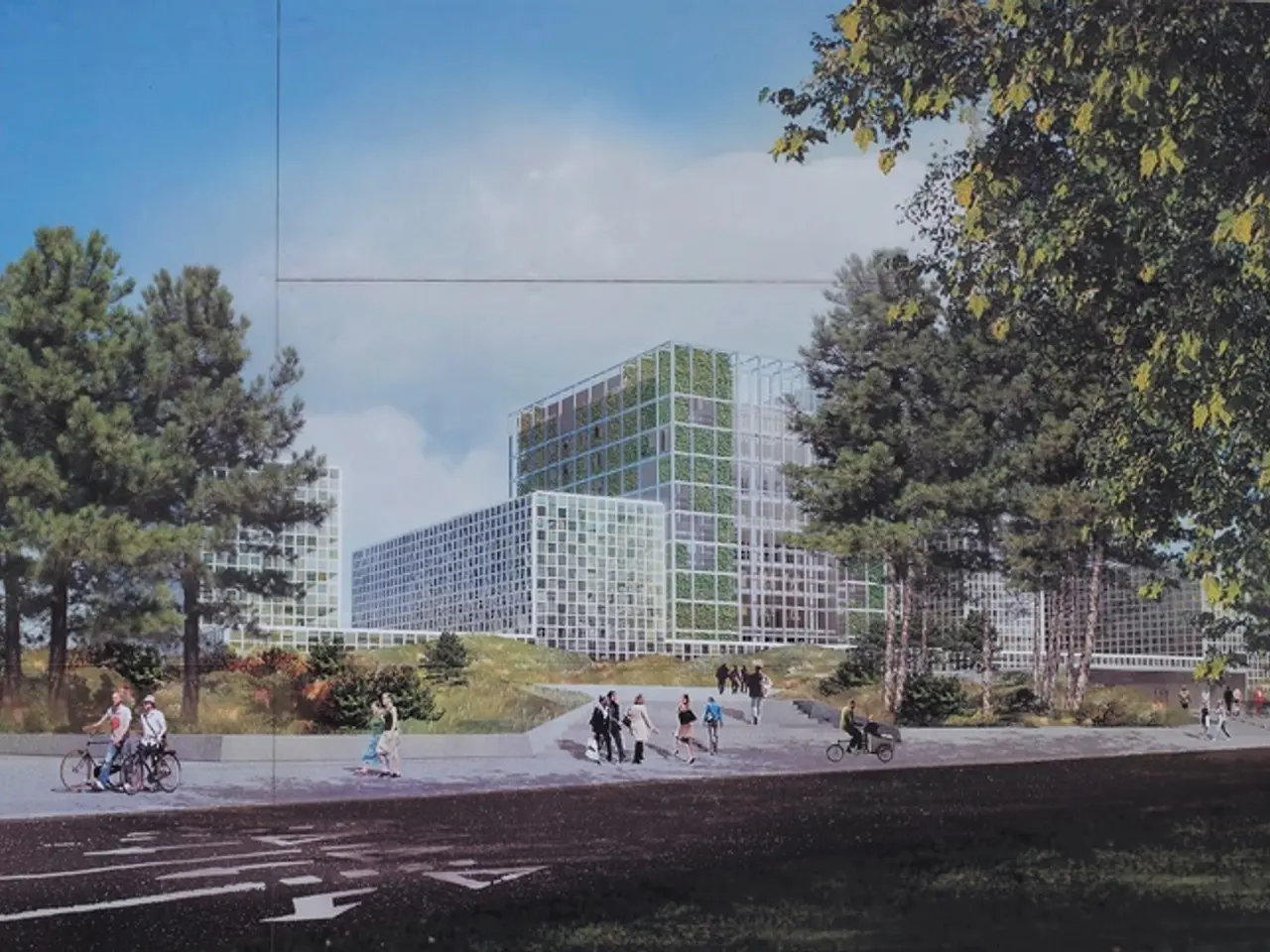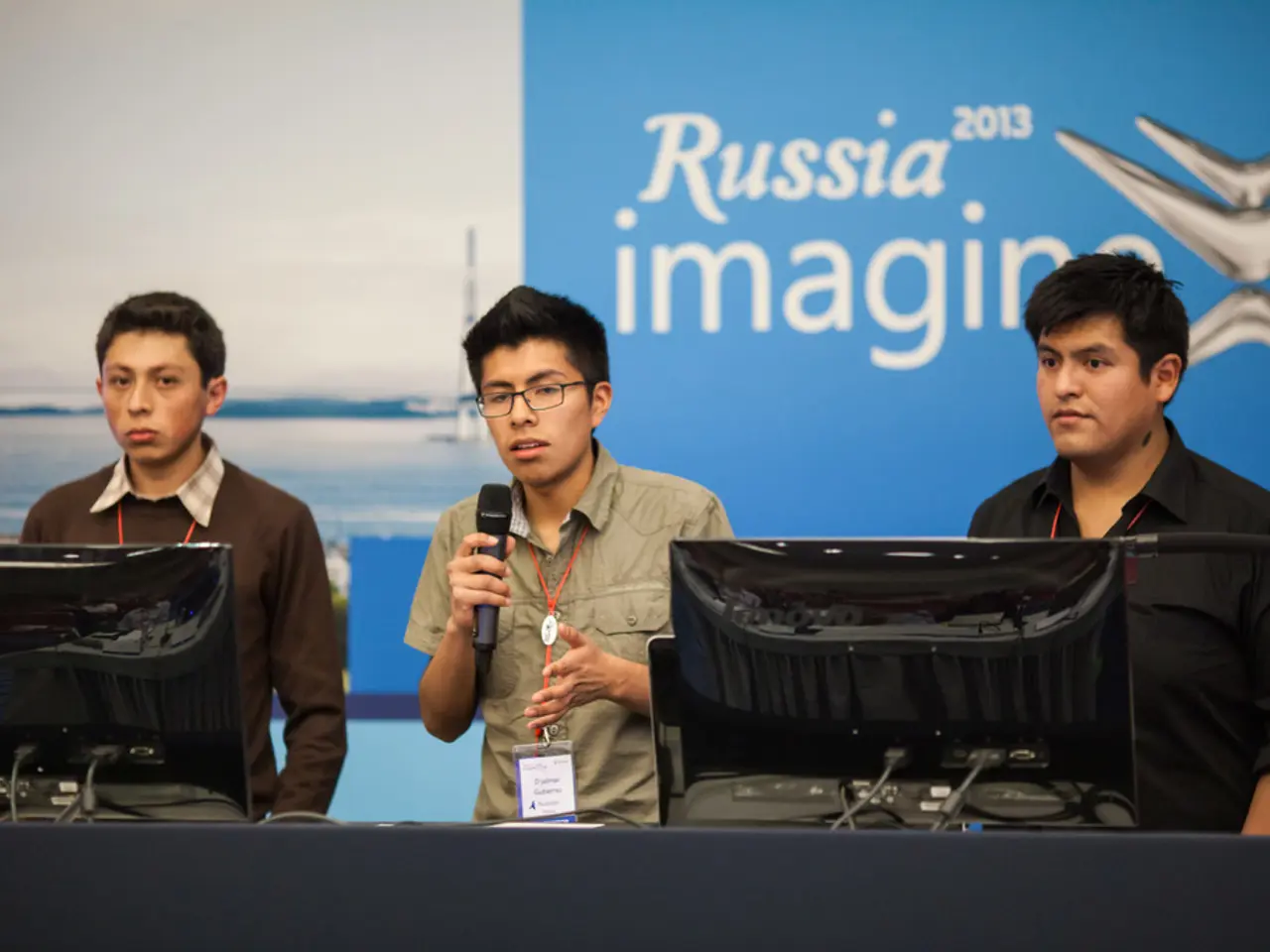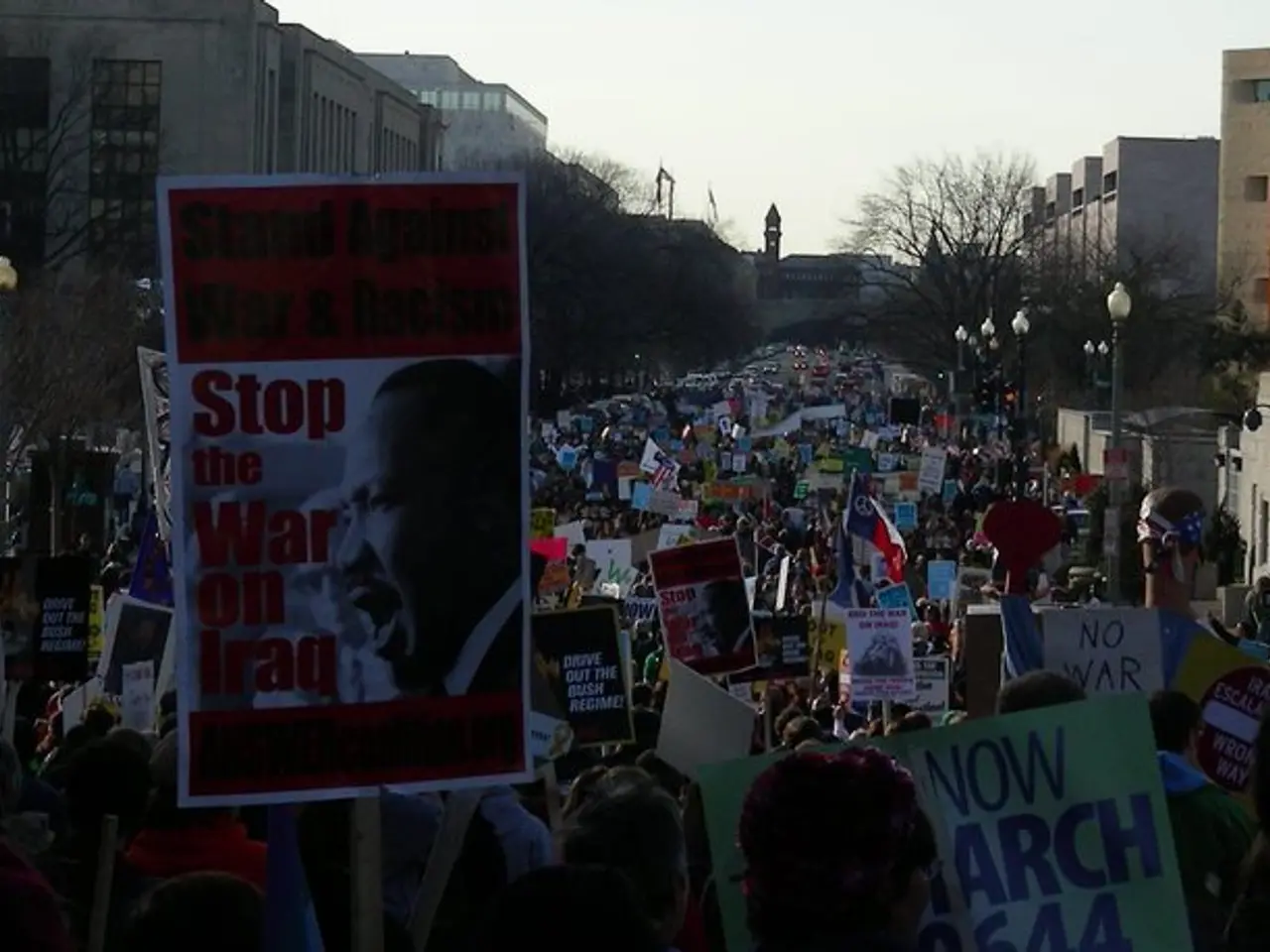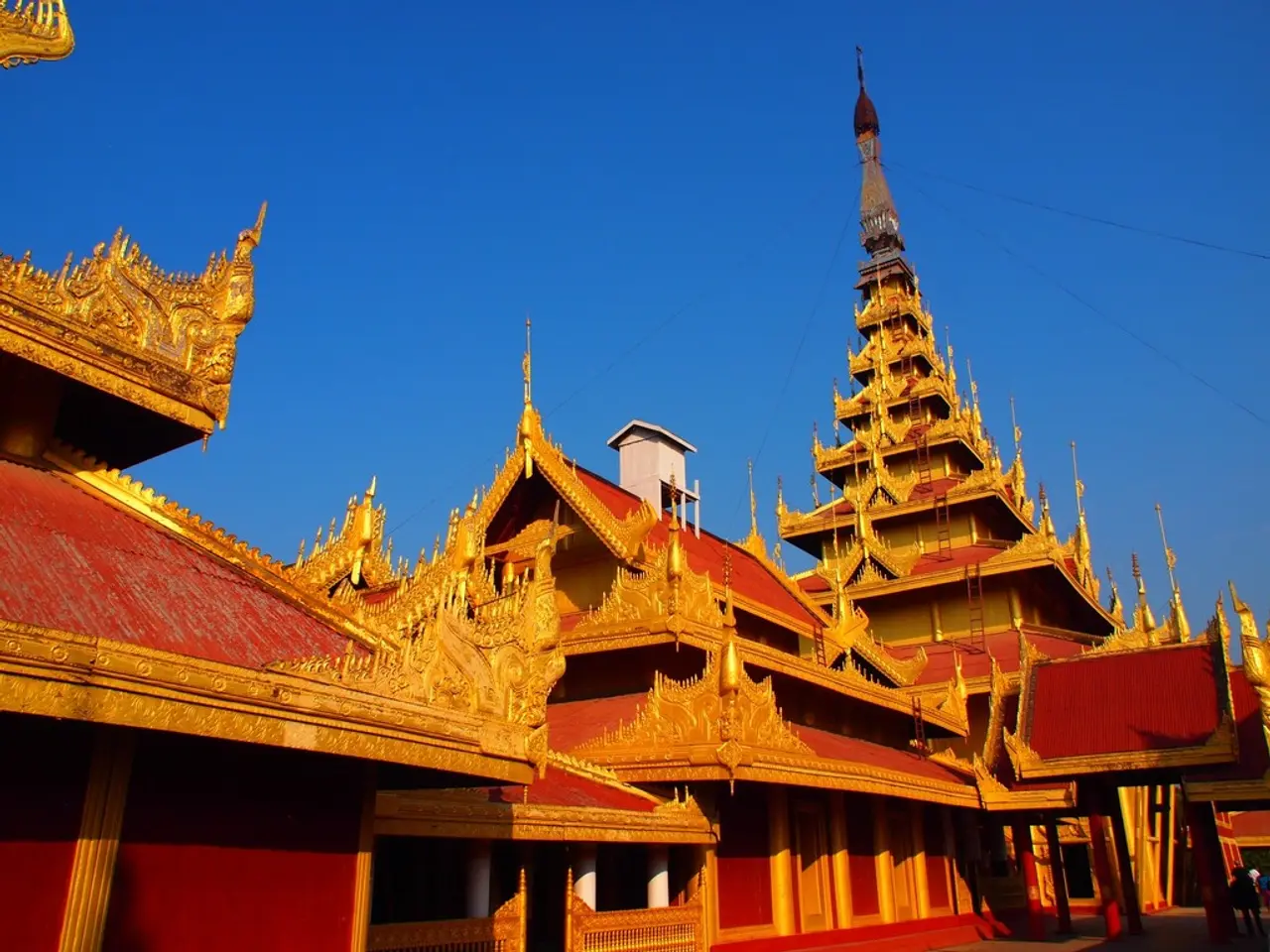Executive Branch's Legal Sector Analysis
In the face of democratic backsliding and autocratic legal challenges, Brazilian government lawyers are leveraging the values and institutional frameworks of the Neo-Weberian State (NWS) to uphold the rule of law and democratic ethos within public administration.
The current context in Brazil is marked by significant institutional tension, with the judiciary, especially the Supreme Court, often serving as a defender against autocratic moves but also being a contested arena with accusations of politicization and authoritarian backlash.
One key approach has involved reforming legal training and admissions in the government’s legal apparatus, such as the AGU—Advocacia-Geral da União, or Office of the Attorney General. These reforms aim to broaden expertise beyond strict legal knowledge to include interdisciplinary and social science perspectives, enhancing lawyers’ capacity to confront complex political and relational challenges posed by autocratic tendencies.
Within the NWS framework, reforms proposed include enhancing legal training to foster transversal skills tying law with broader social knowledge, strengthening oversight through institutions like the Ordem dos Advogados do Brasil (OAB) and AGU’s Internal Investigation Division, and maintaining a balance between bureaucratic accountability and capability to avoid creating isolated technocracies that are powerful but lack democratic responsiveness and transparency.
The nearly 8,000 government lawyers employed by the AGU form a powerful group of civil servants who are required to be licensed by the Brazilian Bar Association (OAB). The Attorney General, who is appointed at the President's discretion, leads the Federal Attorney General's Office (AGU). The AGU has a certain degree of autonomy from politicians and plays a key role in creating, implementing, and interpreting laws within the federal government. It can represent the federal government in court and determine the legality of all rules issued by agencies and the President.
During the 2022 election, Bolsonaro's closest aide texted the Attorney General seeking a heterodox and minority interpretation of the Brazilian Constitution that would allow the President to unilaterally call the Armed Forces to intervene politically. However, the Attorney General replied that this issue should not be discussed, as it was a misreading of the Brazilian Constitution and that his role was to persuade the President to respect the boundaries set by the Constitution.
Moreover, many government lawyers hired during previous presidential administrations were still working as tenured AGU lawyers and could form an internal resistance against legal advice favoring an unreasonable election overturn. This was evident when the AGU supported Bolsonaro's policies on the COVID-19 pandemic, arguing in favor of distributing hydroxychloroquine despite the lack of scientific evidence proving its effectiveness.
However, the developments around government lawyers in the U.S. have a historical parallel in Brazil. The Trump administration reshaped the roles of the U.S. legal profession and civil service to support political interests, similar to Bolsonaro's attempts to use government lawyers to erode Brazil's democracy and attempt a coup after a 2022 election defeat.
Government lawyers play a critical role in establishing legal principles that can impact democratic institutions. In Brazil, the tenured protection granted by Brazilian laws ensured that the Attorney General would remain an AGU lawyer, even if Bolsonaro fired him from the Attorney General position. The AGU's head's opposition to Bolsonaro's coup plot was supported by institutional features protecting the Attorney General's autonomy.
In conclusion, Brazilian government lawyers are responding to democratic backsliding by embedding democratic values into bureaucratic professionalism and legal practice reforms under the Neo-Weberian State model, with ongoing proposals to deepen interdisciplinary legal education and strengthen institutional oversight to enhance anti-autocratic legal defenses.
- Despite political tensions and accusations of politicization within the judiciary, the Supreme Court in Brazil continues to serve as a critical defender of democracy through judicial review, ensuring the rule of law and democratic ethos within policy-and-legislation.
- In the pursuit of upholding democracy, the Office of the Attorney General (AGU) in Brazil is undergoing reforms, focusing on broadening the expertise of government lawyers to include interdisciplinary and social science perspectives, thus enhancing their capacity to confront political challenges and autocratic tendencies within policy-and-legislation and general-news.






